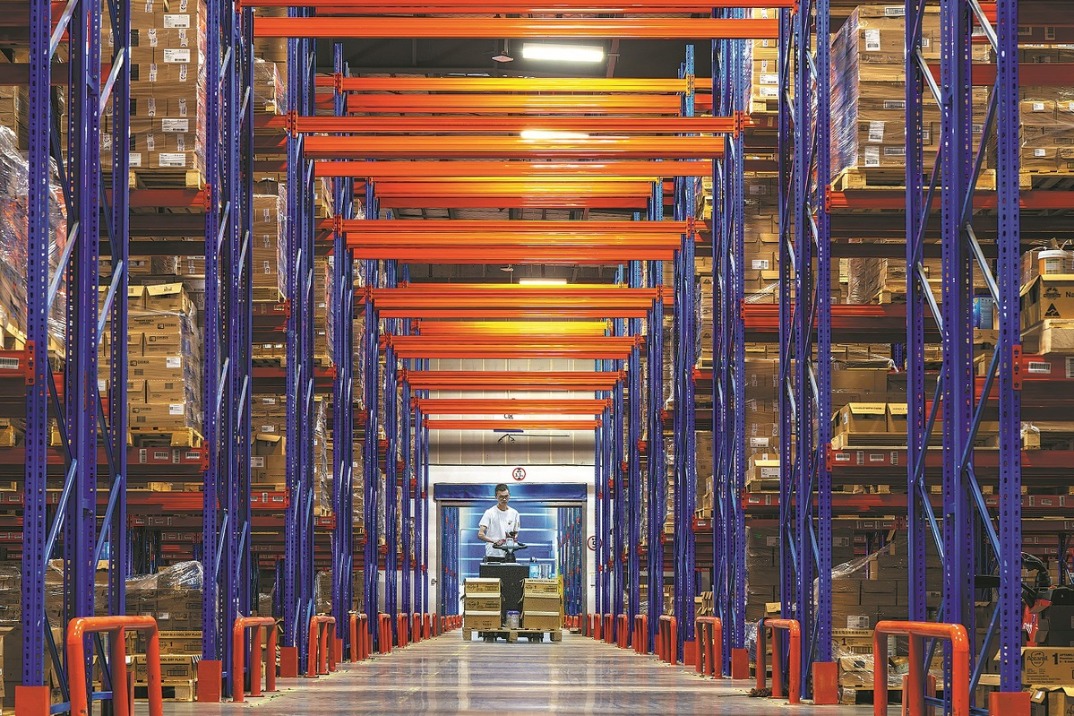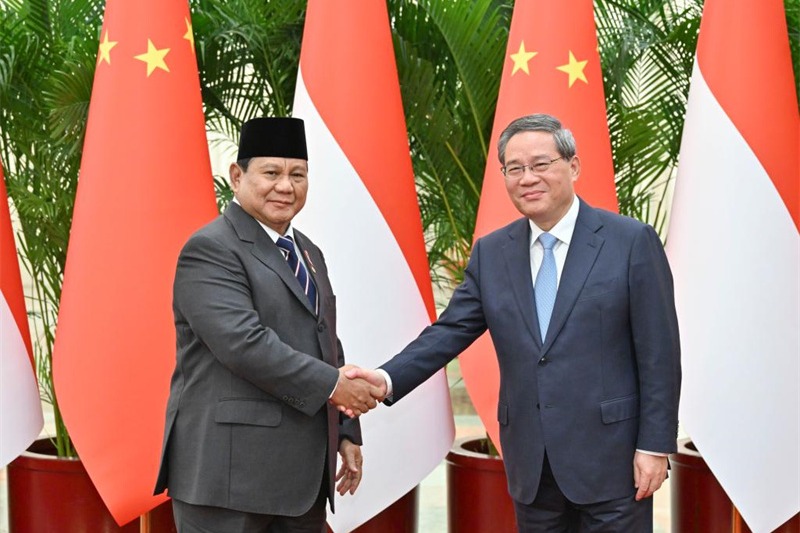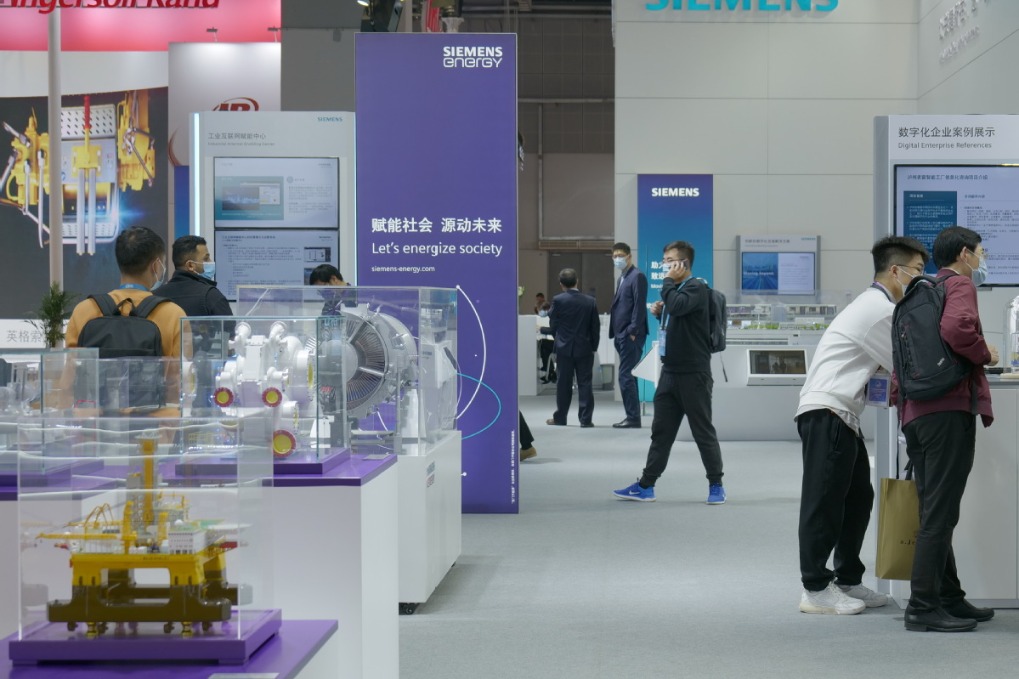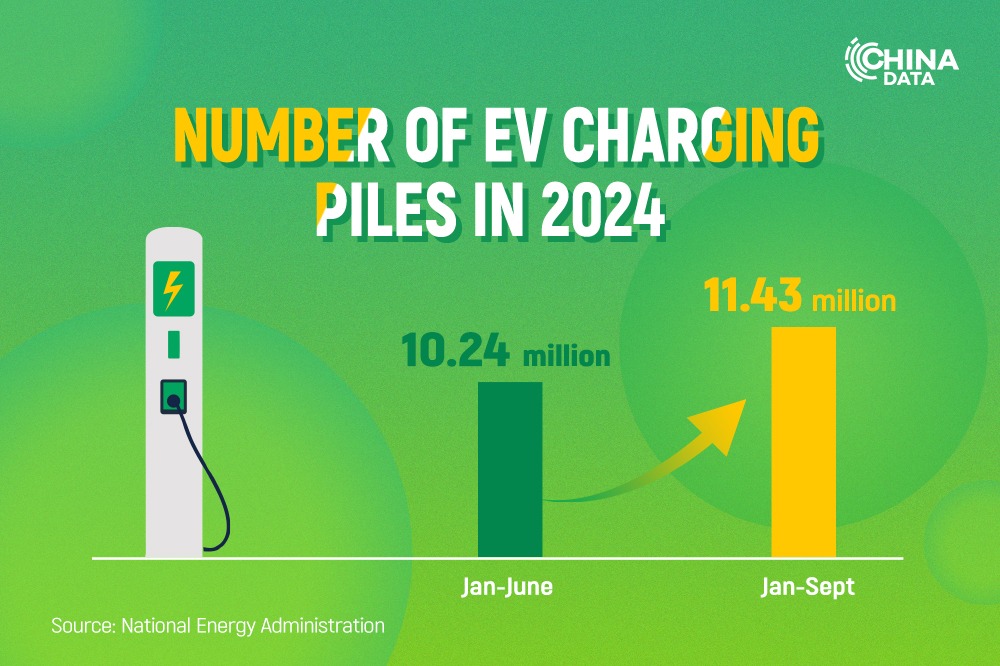Initiative seeks parternships between FTZs

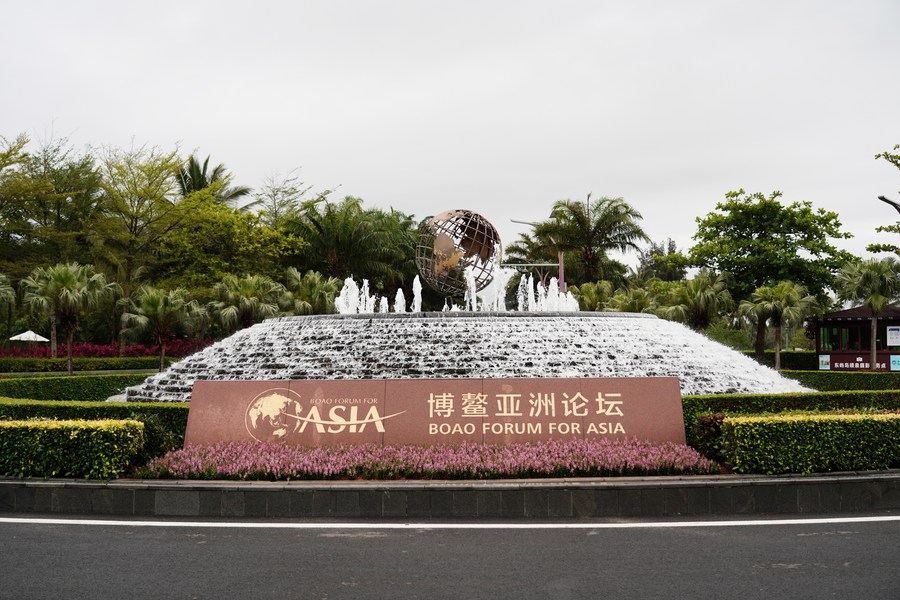
An initiative calling for partnerships between free trade zones worldwide was launched on Wednesday at the Global Free Ports Development Forum during the Boao Forum for Asia annual conference 2023.
The Hainan Free Trade Port joined 19 pilot FTZs on the Chinese mainland, and six overseas FTZs, including the Jebel Ali Free Zone in Dubai, South Korea's Jeju International Free City and the Sihanoukville Special Economic Zone in Cambodia.
"The free trade zones are pioneers in the development of their countries and regions, and in deepening international cooperation," said Li Rongcan, chairman of the Hainan Committee of the Chinese People's Political Consultative Conference, said at the forum.
"We hope that the free trade zones can work together to contribute to the strong, sustainable, balanced and inclusive development of the world economy in the post-COVID-19 era."
This year is the 10th year since the establishment of the pilot free trade zone in China and the fifth year since the announcement of a free trade port with Chinese characteristics in Hainan province.
"The Chinese government attaches great importance to the building of free trade zones and implements strategies of upgrading the pilot free trade zones," Li said.
As of 2022, more than 20 pilot free trade zones in China have drawn 18.1 percent of the country's foreign investment and 17.9 percent of its import and export trade. They "play an important role in stabilizing foreign trade and investment," Li said.
In Hainan province, for example, more than 180 policy documents focusing on trade and investment liberalization and facilitation have been implemented, 134 institutional innovations have been introduced. Preferential tax policies and zero-tariff lists have been implemented, and policies and systems for comprehensively deepening reform and opening-up have taken shape.
Tourism, a modern service industry, a high-tech industry and efficient agriculture with tropical characteristics have become the four leading industries in Hainan, accounting for 70 percent of the province's GDP.
Sok Sopheak, secretary of state in Cambodia's Ministry of Commerce, believes business investment, infrastructure construction, technology development and building a talent pool are all important for an FTZ's development.
"We are building a new airport and establishing flight routes to Hainan," he said.
Choi Koon-shum, chairman of the Hong Kong Chinese General Chamber of Commerce, said, "Hainan has two advantages. It can connect to the Guangdong-Hong Kong-Macao Greater Bay Area and to ASEAN countries. Hainan and Hong Kong now cooperate in the exhibition, retail and modern service industries, but education and tourism also have great potential."
Delegate Carl F. Fey, professor of strategy at BI Norwegian Business School, said, "It is a good strategy that Hainan strives to make it easier for businesses to operate all over the island. I think an opportunity for the Hainan FTP is that it places more focus on education, which is needed now more than ever as technology and business practices are developing so quickly."

















